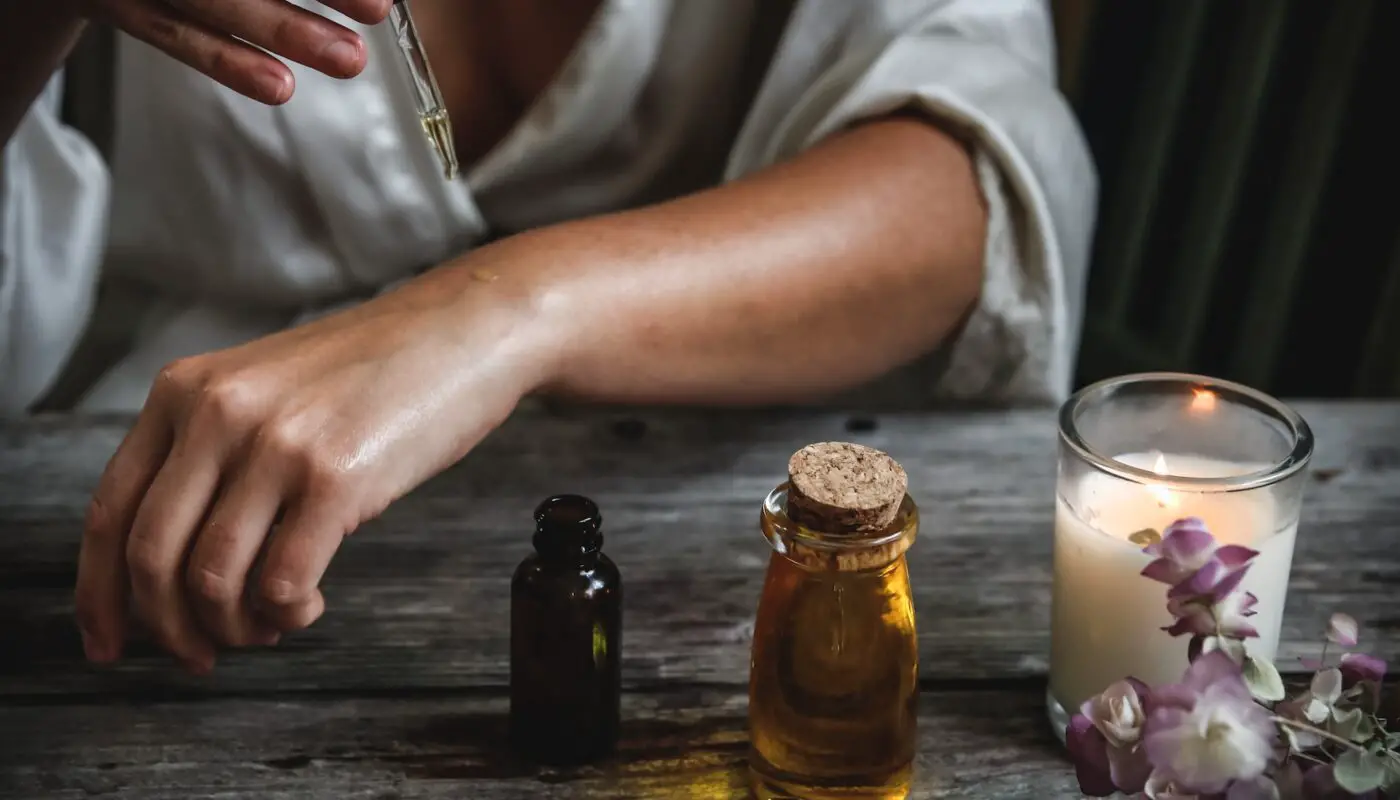Meta: Uncover the ultimate showdown: Manuka Oil vs. Tea Tree Oil – two antimicrobial titans battling it out for supremacy.
Nowadays, with the trend of essential oils, the world is inclined towards natural remedies due to their good reputation and potent antimicrobial agents with a wide range of applications. These essential oils help to heal various infections and skin issues. In this blog, we have researched in detail and written some of the basic things about the comparison of manuka oil and tea tree oil to help you understand their similarities, differences, and best uses.
Tea Tree Oil: The Aussie All-Star

Tea tree oil, also known as melaleuca oil, originates from the leaves of the Australian tea tree (Melaleuca alternifolia).
Here’s what sets tea tree oil apart:
Chemical Composition: The key active component of tea tree oil is terpinen-4-ol, which gives it its antimicrobial punch.
Antimicrobial Versatility: Tea tree oil is celebrated for its wide range of antimicrobial properties, effective against bacteria, fungi, and even some viruses.
Manuka Oil vs. Tea Tree Oil: A Comparative Analysis
Now that we’ve introduced both oils let’s dive deeper into a head-to-head comparison of manuka vs tea tree oil.
1. Antibacterial Power:
Manuka Oil: Known for its potent antibacterial properties, especially against antibiotic-resistant bacteria.
Tea Tree Oil: Exhibits a broad-spectrum antibacterial effect, making it effective against various bacteria.
2. Antifungal Properties:
Manuka Oil: Effective against fungi and yeast, making it suitable for addressing fungal infections like athlete’s foot and nail fungus.
Tea Tree Oil: Also effective against fungal infections, particularly known for treating toenail fungus.
3. Anti-Inflammatory Benefits:
Manuka Oil: Offers anti-inflammatory properties, which can help soothe skin and reduce redness.
Tea Tree Oil: Provides mild anti-inflammatory effects and is commonly used for acne and skin irritation.
4. Scent and Aroma:
Manuka Oil: It has a more pleasant, sweet, and mild aroma compared to tea tree oil.
Tea Tree Oil: Known for its strong, medicinal scent, which some people find overpowering.
5. Skin Conditions:
Manuka Oil: Often preferred for addressing skin conditions like eczema, psoriasis, and acne.
Tea Tree Oil: Highly effective for treating acne, as well as other skin issues like insect bites and minor cuts.
6. Safety and Sensitivity:
Manuka Oil: Generally considered safe for topical use when diluted, but sensitive individuals may experience skin irritation.
Tea Tree Oil: it can also cause skin irritation if used undiluted, but it’s generally
Final Words About Manuka Oil vs Tea Tree Oil
Manuka oil and tea tree oil both have superior antibacterial properties and suitability for skin conditions like eczema, while tea tree oil’s versatility makes it a staple for various skin issues and household uses. When using either oil, remember to dilute it properly to avoid skin sensitivities and consult a healthcare professional for specific concerns or conditions. Whether you choose manuka oil or tea tree oil, you’re harnessing the power of nature’s antimicrobial titans.
Have you used manuka oil or tea tree oil for any anti-inflammatory treatment? How was your experience? Drop your comments in the comment section.
Related Reading
Gummies for the Mind: How CBD Enhances Mental Health
Clear Aligners: The Modern Solution for Straighter Teeth and Enhanced Confidence
The Role of a Periodontist in Maintaining Healthy Gums and Teeth



